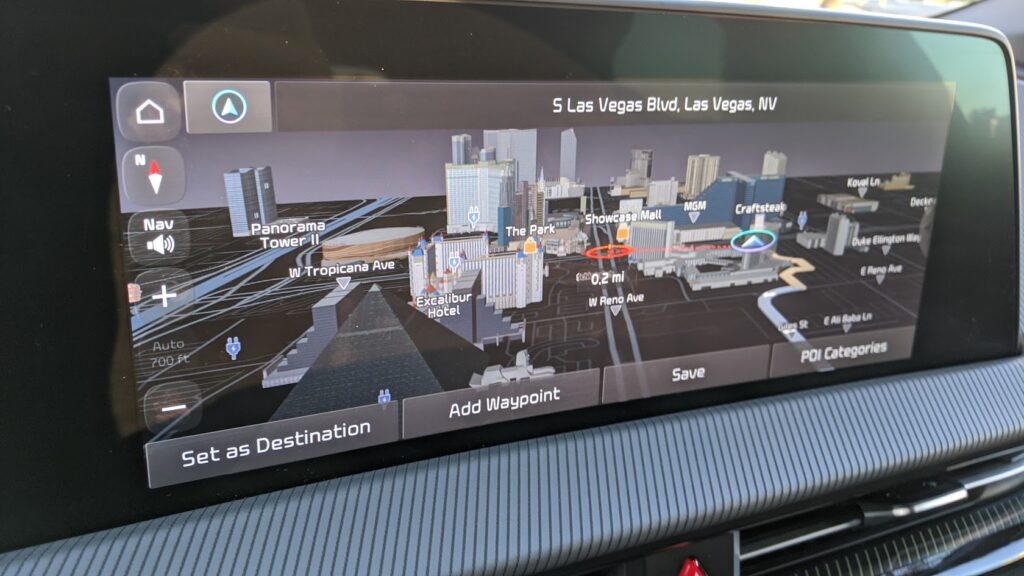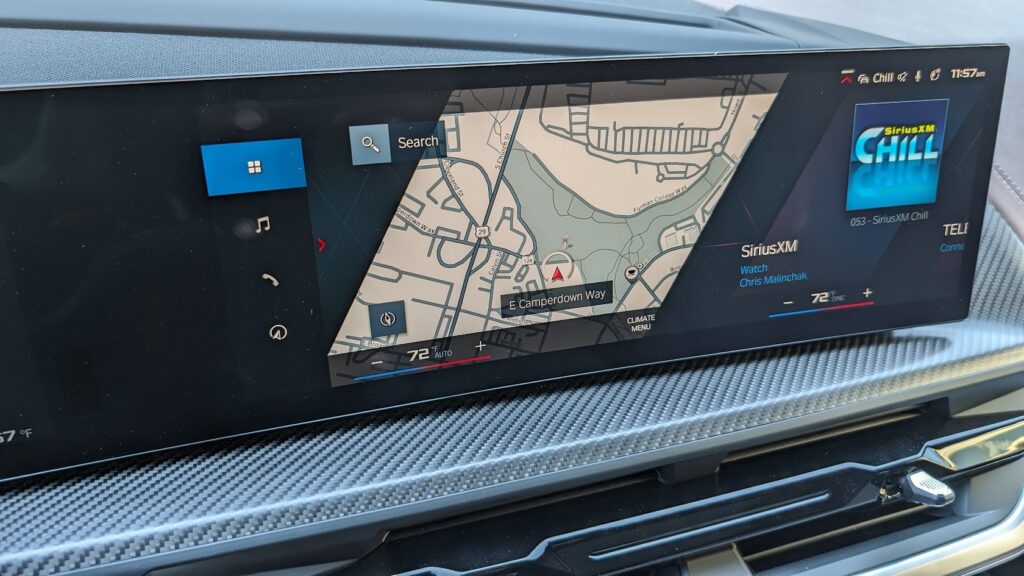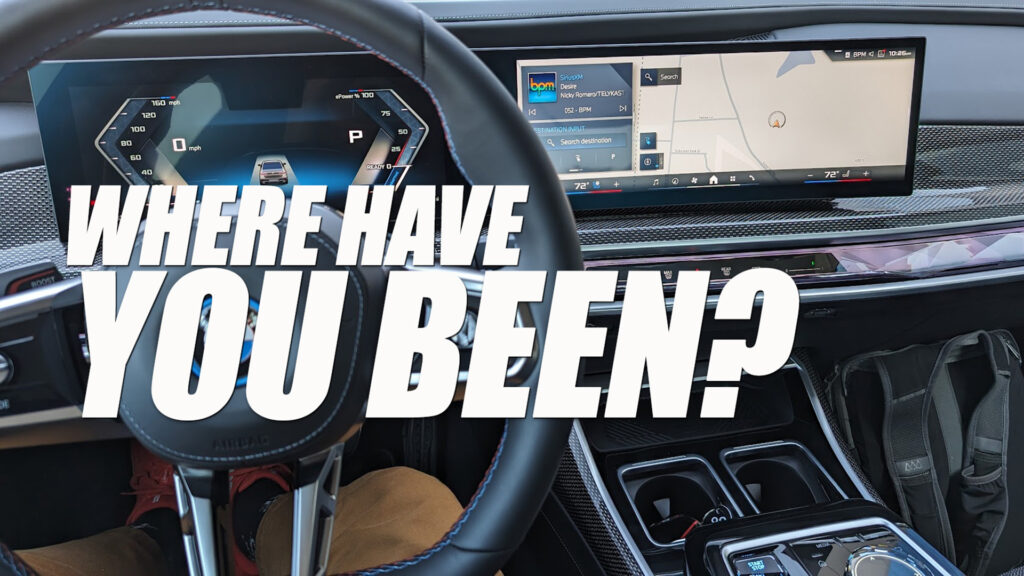- Senators concerned about privacy are asking the FTC and FCC to investigate automakers’ policies.
- They say that car companies aren’t doing enough and at times reveal sensitive data to authorities without a warrant.
- An investigation found only five companies that required a warrant to give up GPS data.
Modern cars are akin to computers on wheels. They’re fully equipped with complex systems including cameras, GPS trackers, audio recording devices, and more. On top of that, they’re capable of storing all of that data for an extended period of time. Now, U.S. Senators are urging both the Federal Trade Commission (FTC) and the Federal Communications Commission (FCC) to do more to protect consumers. What they’ve divulged in letters to each administration reveals serious privacy breaches.
In the first letter, sent to the FCC, Congresswoman Debbie Dingell urged the committee to “develop a comprehensive understanding of and solutions to the misuse of connected vehicle technologies.” Her impetus is documented cases of domestic abusers using connectivity tools in vehicles to track and exert control on their victims.
Read: California Wants To Use In-Car Tech To Stop You From Going 10 MPH Over Speed Limit
She hopes that the result of this letter and the efforts of others is a way for survivors to swiftly revoke or disable an abuser’s access to sensitive vehicle data. In addition, the solution would also prevent an abuser from using something like a service request to reinstate that access or data. What two other Senators say they found about over a dozen automakers regarding privacy support Congresswoman Dingell’s requests.
According to Ron Wyden and Edward Markey, nine automakers, Toyota, Hyundai, Kia, Mercedes-Benz, Mazda, BMW, Volkswagen, Subaru, and Nissan, admitted to giving up location data to authorities without a warrant. They say that these car companies are breaking their own voluntary promise made in 2014 to require a warrant or court order before turning over GPS location information. Of the 14 car companies involved in the study only Ford, General Motors, Stellantis, Honda, and Tesla require a warrant for this data.

Of those brands, only Tesla will tell a customer of such government requests. “Government agencies must already obtain a warrant to demand the contents of Americans’ emails, their private photos backed up to the cloud, and to search their phone. Location data is equally sensitive and deserving of the same strong protections,” says the letter to the FTC. The real question is what, if anything, these two organizations will do to protect the privacy of consumers.
As the New York Times point out, data collection is only likely to increase over the years. The NHTSA is already working on how it’ll mandate blood alcohol level testers and speed limit warning devices in vehicles. Moreover, insurance companies have already tapped into other data to raise rates on consumers. It seems as though the only way to avoid this type of information getting into the wrong hands, unless the two agencies mandate that cars’ data may be shared only with a warrant, is to drive a vehicle without the technology to begin with.





